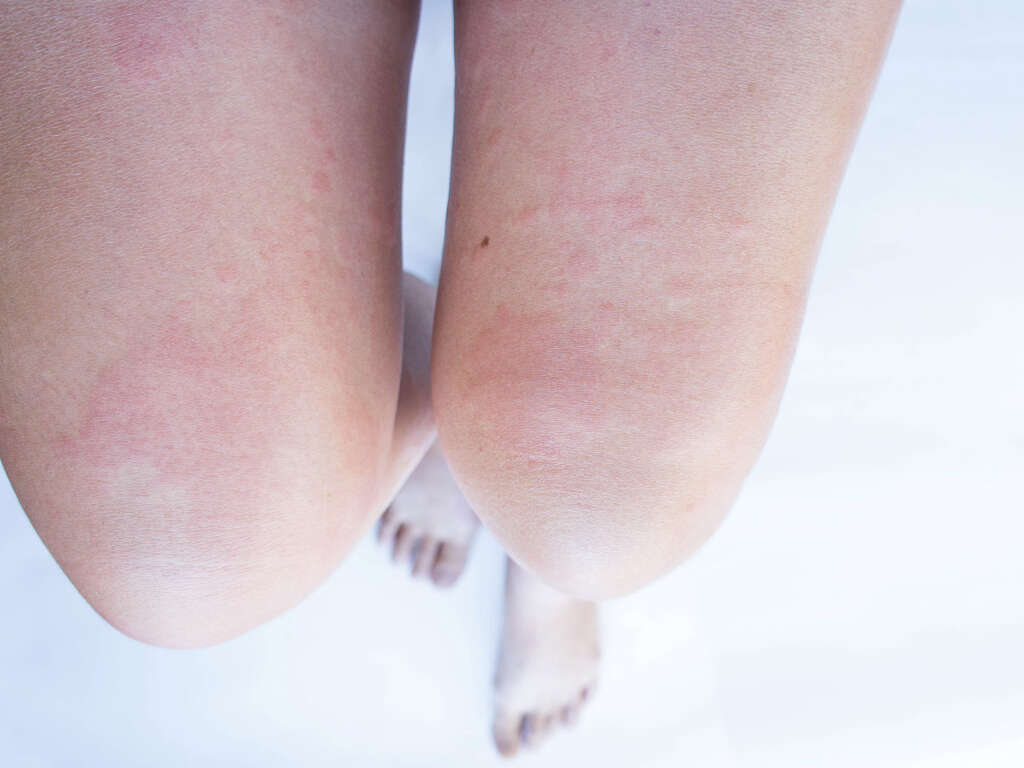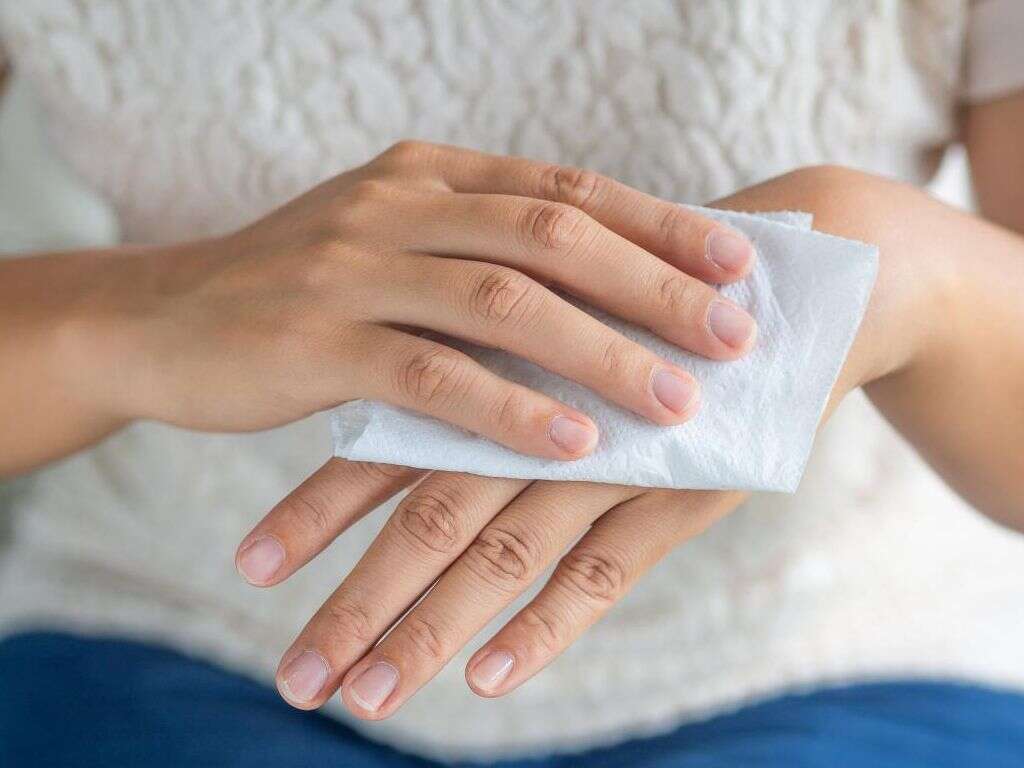10 Lupus Symptoms In Women
 Article Sources
Article Sources
- 1. C. M. Tench, I. McCurdie, P. D. White, D. P. D'Cruz, The prevalence and associations of fatigue in systemic lupus erythematosus, Rheumatology, Volume 39, Issue 11, November 2000, Pages 1249–1254, https://doi.org/10.1093/rheumatology/39.11.1249
- 2. How Lupus Affects the Body : Arthritis. (2020, February 11). Retrieved December 04, 2020, from https://www.hopkinslupus.org/lupus-info/lupus-affects-body/lupus-arthritis/
- 3. Lupus-Specific Skin Disease and Skin Problems. (2020, February 11). Retrieved December 04, 2020, from https://www.hopkinslupus.org/lupus-info/lupus-affects-body/skin-lupus/
- 4. Complications of Lupus. (n.d.). Retrieved December 04, 2020, from https://www.uofmhealth.org/health-library/hw118452
2. Fever
Fever can be defined as a body temperature of 100.4° F or greater, measured with a thermometer. A person with fever may refer that they feel warm to the touch, or give a history of feeling feverish; however, the use of a thermometer is necessary to provide your healthcare provider with accurate information. Fever can be a sign of a variety of medical conditions, including Systemic Lupus Erythematosus.
Many patients with lupus can experience low-grade fevers that often signal inflammation and/ or oncoming lupus flares. The presence of fever in these patients can also mean that there is an associated infection. Thus, it is vital that people with SLE become aware of abnormal patterns in the manifestations of their disease and notify their doctor of anything unusual.
Advertisement











